By Robert Barr Smith
Freighter Ehrenfels’ siren shrieked through the muggy night across the harbor. As the captain pulled down hard on the alarm cord, the alarm howled out over the steaming darkness, screaming that British raiders were in the harbor, alerting Ehrenfels’ crew and calling for help from ashore.
The captain spun around as the door to his cabin burst open. Framed in the door were two middle-aged, slightly paunchy men in khaki dungarees. These were not the young, tough Royal Marine or Royal Navy boarders the captain might have expected. These men looked like typical British businessmen, too old to serve in war.
The captain would never know that was exactly what they were, for they and their Sten guns were the last sight the captain saw on earth. As the captain and his mate reached for weapons, the intruders opened fire and the ship’s officers fell to the deck in the crowded cabin. They died under a portrait of Adolf Hitler glaring down from the bulkhead.
For on this night of March 9, 1943, an unlikely group of British raiders had come to raise unmitigated hell in Marmagoa, harbor of Portuguese Goa, on the west coast of India. With Portugal being neutral, any violation of this tiny Portuguese enclave ran the horrible risk of offending the Portuguese government, and an Allied loss of extremely valuable privileges–such as refueling of transatlantic flights in the Portuguese Azores.
Controversial Radio Equipment
But risky or not, something had to be done about Marmagoa, or rather about the German freighter Ehrenfels, interned in Goa since the early days of the war. She lay at anchor with her sister ships Drachenfels and Braunfels and the Italian merchantman Anfora. Any of the four ships loose at sea would be useful to the Axis, especially if they could make it to Singapore, where the Japanese might fit them out as commerce raiders.
But Ehrenfels posed a far greater danger, for concealed aboard was a powerful radio transmitter. She used it regularly, for she was the control for German U-boats ravaging Allied shipping all across the the Arabian Sea and the Indian Ocean. To Ehrenfels’ concealed radio room came reports from Axis spies in India, of ship sailings and arrivals, many provided by Indian traitors.
British protests to the Portuguese fell on deaf ears. Officially, Ehrenfels’ radio equipment had been removed when she was interned, and the Portuguese colonial officials did not want a confrontation with Germany or anybody else. Some things it was better not to know, such as the presence on Ehrenfels of a second transmitter, concealed and very powerful, with the range to reach far out to sea, to the waiting ears of lurking U-boats.
Raiding in neutral harbors was desperate business, so the British first tried simple kidnapping. Two officers of the SOE (Special Operations Executive) drove from India across the border into Goa in civilian clothing, and casually snatched an important German secret agent.
Trompeta, as this spy was called, collected reports from other agents who had information about British ship movements. Trompeta passed this vital intelligence on to an officer of Ehrenfels. The German ship’s massive transmitter spoke to the U-boats, far out on the surface in the darkness, and more vital Allied shipping was buried at sea.
The two Englishmen wasted no time on finesse. They simply stuck a pistol into Trompeta’s belly, shoved him and his screaming wife into their car, and drove away, ignoring the shouts of a Portuguese policeman. Once out of Marmagoa, the two cut the telephone lines to the border, injected both of their captives with a powerful sedative, and drove on to the crossing point.
While one Englishman visited the border officials’ shack to accomplish the necessary formalities, the other SOE man sat in the car with the sleeping captives. The Englishman was prepared to throw a bag of rupees into the road if there was trouble; the idea was to smash straight through the wooden border barricade while the Goanese were engaged in chasing the shower of money.
But there was no alarm, and the two amateur kidnappers drove sedately on into India with their prize. The kidnapping was neatly done, and it knocked an important cog out of the German intelligence machinery.
However, it did not fix the problem. In spite of this daring coup and British arrests of a number of little fish, other agents continued to pass shipping information to Ehrenfels at Goa.
Silencing Ehrenfels
Making spies disappear was clearly not enough. Something had to be done about the source of the problem–Ehrenfels herself–and it had to be done quickly. There were several options: In the best Nelson tradition, she could be cut out by a Royal Navy boarding party and sailed out of the harbor, the ideal solution; or her radio system could be entirely destroyed or she could simply be sunk in the harbor. One way or another, she had to be silenced. Allied merchant shipping–stretched thin all over the world–could not stand U-boat losses at the present rate.
Still, the prickly question of Portuguese neutrality made conventional raiding an unacceptable risk. A strike by commandos or a Navy boarding party was the obvious answer to the Ehrenfels menace, but if the raid went sour there would be hell to pay. Regular forces were out of the question; the job had to be done by individuals without official connection to Britain. The raiders had to be people who could be disavowed if the raid failed—people, crudely put, both deniable and expendable.
It was also desirable that whoever struck the Portuguese port have a suitable—and real—civilian cover, and that they come from far away, to lessen the chances of discovery. With these requirements in mind, the British intelligence community cast about for a suitable tool, and in the end its hand fell upon a curious, almost archaic, military unit. At first glance it appeared a somewhat unlikely instrument for a delicate, super secret foray against an enemy on neutral ground.
It was called the Calcutta Light Horse, a reserve cavalry unit of ancient lineage that has its own monument in St. Paul’s Cathedral in London. On formal occasions of state it performed with panache as escort to the Viceroy of India. Its battle honors stretched all the way back to 1759, the “year it rained victories” for Britain.
It was a regiment of real soldiers, too, stout-hearted men prepared to risk their lives when Britain was at war anywhere. More than 50 of its men had been killed in action in the two world wars, and over the years six of its members had won the coveted Victoria Cross.
Between wars, it was a warm and pleasant social center for British civilians in Calcutta, a place where a young man might ride and race and meet and become part of the British community. It had elected its own officers since 1857, but new men always started as ordinary troopers, regardless of their civilian office or profession. Promotion was entirely on merit and on the vote of the regiment.
Just now, however, in the middle of World War II, it was a slightly rusty sword. It was again largely a social club, for nearly all of its younger members were already on active duty with British forces across the globe. The average age of its members in 1941 was almost 40 and growing older. The men who were still civilians were either too old for active service or could not be spared from their jobs as company directors and civil servants.
The ‘Colonel of the Light Horse’
Most of them had already volunteered for active duty and been rejected, and all of them were discontent–they did not like being left out of the war. They still trained regularly and enthusiastically, but any hope of seeing real action was gradually fading away.
Bill Grice, the colonel of the Light Horse, was just the sort of man to entrust with a touchy mission, a forlorn hope like the Goa raid. As a young man he had served aboard HMS Vindictive in the daring British strike at Zeebrugge on the last St. George’s Day of World War I. He had lost none of his taste for action in the years between wars.
Once contacted by SOE, he quietly began to gather Light Horsemen for what promised to be, as the British put it, a very rum go indeed. Grice had to limit his strike force to about 20 men, and the four Axis ships’ companies would outnumber his skimpy force several times over.
It would be a shoestring operation in other ways as well. Small arms and plastic explosive were plentiful enough, but a ship was another matter. British shipping was stretched to the breaking point already; given the prickly question of Portuguese neutrality, using a Royal Navy warship was out of the question. In the end, after much searching, Grice’s men fell upon Phoebe, an unlikely ship of war. She was an unglamorous, 30-year-old, Glasgow-built gondola barge designed for the pedestrian job of dredging channels through the shifting sands of India’s Hoogly River.
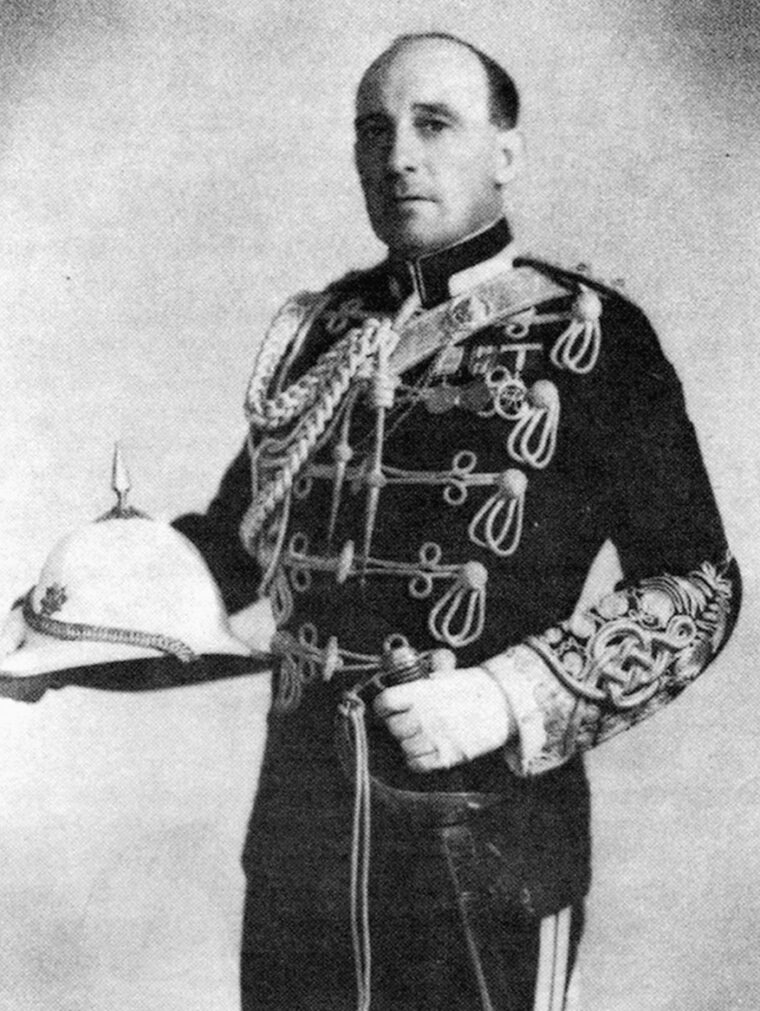
Phoebe was not bred for blue water service either, but she was willing and available. With her came a couple of resourceful Royal Navy hands to keep her going, and the redoubtable Bernard Davies, an ex-Royal Navy destroyer officer. Could Davies get her to Goa, asked Grice? Certainly, said Davies. He would have to stay close to land, lest the Indian crew panic, and he would have to pay his lascar seamen double wages, but Phoebe could do it.
How soon could they get the mission started? Davies asked. They had to go almost immediately, answered Grice. Good, said Davies, because the monsoon was coming, and once it hit, Phoebe could not survive in the open sea.
“If These are the Light Horse, What Must the Heavy Mob be Like?”
On that cheerful note, Grice turned to the thankless task of choosing his tiny boarding party from a crowd of eager Light Horse volunteers. He added four men from another reserve outfit, the Calcutta Scottish, with whom there had long been much good-natured rivalry. Grice then put his chosen men, paunches and all, through a crash course of refresher training, prodded by two unimpressed Regular Army sergeants. “Here they are, then,” said one NCO. “If these are the light horse, what must the heavy mob be like?”
Whatever their reservations, the sergeants pushed the Light Horsemen through long sessions of hand-to-hand combat and physical conditioning. Hard training had become even more important now because intelligence reported that the Axis ships were expecting an attack, or at least preparing for one. Their decks were now protected by an assortment of that the expense of keeping them there was considerable. He felt quite certain that their tuition might be paid in full in return for the official’s kindness. Also, of course, the expense of the fiesta and reception would be defrayed; neither the government nor the official would be out a peseta.
Did they understand one another? They did, especially when Cartwright handed the official an envelope stuffed with bank notes. The money was, said Cartwright, for the man’s “immediate and personal expenses.” The Goan had one question, however: Why did they need to schedule the reception specifically for at 10:00 pm on the ninth of March?
“That I cannot tell you,” said Cartwright politely. “And I think it would be unprofitable and unwise to ponder too deeply upon it.” And if Cartwright’s reply was less than satisfying, the Portuguese clearly understood the undesirability of further inquiry.
Step two in Cartwright’s plan was a curious action for a God-fearing, middle-aged, middle-class Englishman. He strolled into the town to visit one of Goa’s multitude of brothels. He sought out the keeper of the house, and their conversation went something like this.
Did the senhor wish particular pleasures? Everything a man could wish was available, and of course at a most reasonable price.
No, said Cartwright, the senhor did not wish pleasures of that sort, but there was a matter of business to discuss. He was, he said, an ex-sailor, and he wished to do something for those who still went down to the sea in ships. He wished, in short, to fund in hard currency a free night in Marmagoa’s leaping-houses—this one and all the others—for sailors of all nations. Could that be arranged?
It could, of course. The senhor was most generous. Was there a particular night on which the sailors should be welcomed?
Not just a night, said Cartwright. There was, in fact, a particular week in March. And the prices of all the girls would be paid every night for that week.
The brothel keeper beamed. It would be an honor to assist the senhor. Could he offer a brandy to seal the bargain? With pleasure, said Cartwright, and the deal was struck.
And so it was that many of the German ships’ crew members were ashore on the night of March 9, enjoying the oldest of pleasures. At the same time, many of their officers mingled with the elite of Marmagoa in a great house high above the steamy town. It was a pleasant, formal dress night of music and wine and good conversation … at least it was until the howl of Ehrenfels’ siren shrieked through the night.
An Enemy Out of the Blackness
Up above the harbor, the pleasant music ceased abruptly. Gone was the companionable clink of glasses and the hum of polite conversation. The dancing and the flirtation and the small talk faded away, stopped by the howl of Ehrenfels’ siren out in the blackness of the harbor.
A German officer swore, “It’s the British!”
Surely not, said the Portuguese police chief; this is a neutral port and everybody here is under Portuguese protection. Perhaps it is some harmless prank? It is not, said the German, it is the enemy, and he and the other Axis officers started to run frantically downhill toward the harbor. As they ran panting toward the water’s edge, they began to hear firing out in the darkness, single shots and the hammer of automatic weapons. And now the gleam of fire began to light the gloom of the harbor.
It was indeed the British, for little Phoebe had chugged, unseen, out of the sticky black night into Marmagoa harbor. She was blacked out, her only marking a handmade Jolly Roger flying at her stern. The boarders crowded her rail, their Sten guns cocked and ready, their pockets crammed full of assorted saps, pistols, knives, and plastic explosives. One boarder carefully wrapped up his glass eye in a piece of cloth and tucked it away in a pocket for safe keeping.
Phoebe was nestled against Ehrenfels’ towering steel flank before a crew member challenged her. Who were they, the German asked. We are a harbor-barge, a Light Horseman answered in German. “Why are you sailing without lights?” shouted the German, but his only answer was a wave of strange men with blackened faces pouring up and over Ehrenfels’ steep cold sides, swarming up rickety bamboo ladders handmade aboard Phoebe while she was at sea.
Other Light Horsemen tossed grappling hooks over Ehrenfels’ rail, locking the two ships tightly together. For just a moment, Ehrenfels’ searchlight bathed Phoebe in a noonday glare, until a burst of automatic fire put out its brilliant eye. Faces blackened with camouflage paint, Phoebe’s boarding party spread out across the big German ship, moving almost soundlessly in boots with half an inch of felt glued to the soles.
The Light Horsemen Paused Only to Fire a Round into ‘Der Führer’s’ Picture on the Bulkhead
Two of the raiders shot the lock off Ehrenfels’ old radio room, just seconds too late to prevent a German officer from throwing an incendiary grenade into the ship’s codebooks. One Light Horse boarder tackled the German; the other clubbed him with the butt of a Sten. The blow put the German down, but the codes were past saving. The Light Horsemen ran on, pausing only to drill a revolver round through der Führer’s picture on the bulkhead.
On deck a German crewman fired a flare pistol into one of the incendiary traps, and Ehrenfels’ whole afterdeck became a sea of flame. A Sten blew the German over the side, but now the boarders could not get to the stern anchor cable to blow it loose from the ship. Worse, a party of raiders in the engine room discovered that the engines had been disabled. There was no way to cut Ehrenfels out and sail her away. She would have to be scuttled.
First, however, the raiding party having been disappointed by the engines, finally had some luck. They found a locked steel door marked, “Danger—High Voltage.” They quickly ripped it open with plastic explosive revealing Ehrenfels’ secret transmitter. The Light Horsemen tore a list of wavelengths from the front of the set, then smashed and shot the radio into useless scrap metal.
On shore, a mob of German and Italian officers was milling about in confusion at the harbor’s edge. Across the black water they could hear the clatter of automatic weapons and the boom of explosions. From Ehrenfels’ deck a fire flared brilliantly into the gloom, leaping up almost to masthead height. Men were dying out there in the darkness, and ships too, and there was absolutely nothing the frustrated Axis officers could do about it.
They had run all the way to the water for nothing, for small boats that were along the shore now lay on their sides in the mud of low tide. Nor were the Portuguese authorities at all eager to sail out to investigate. The police would make inquiries, they said, yes, assuredly, but there was no reason for haste.
In fact they were right; all need for haste was past. For Ehrenfels was dying; her Kingston valves had been opened to the sea by her own crew, part of the German plan to deny her to a British cutting-out expedition.
And Bill Grice was getting his people out of harm’s way. The mission was accomplished; the radio was junk, and Ehrenfels was going down. It was time to leave before help arrived from shore, or from the other Axis ships.
There remained a brief scuffle on Ehrenfels’ deck, as German crewmen tried to close with scattered members of Phoebe’s crew. Three Germans were driven off by a blast in the face from a fire extinguisher, and two others were knocked down and handcuffed. A few were dragged onto Phoebe as prisoners. Phoebe’s little siren shrieked in the night as a last recall to the boarders; the job was done.
The Crews Used Explosives to Create Massive Fires on Their Own Decks
And then, as Phoebe’s hammering engine pushed her slowly away from burning, sinking Ehrenfels and out toward the welcoming dark of the open sea, more explosions tore the night of Marmagoa harbor. By now, the crews of the other Axis vessels knew Ehrenfels had been attacked. Assuming their ships would be next, their crews fired explosive charges to blow out their bottoms and set massive fires on deck.
Gradually the other Axis ships settled into the shallow water of the harbor, listing, lighting the night with crimson and yellow fire. On Italian Anfora an entire on-deck garden slid gracefully over the side into the sea. The water was full of debris and swimming Germans and Italians, and from Anfora a flotilla of hogs had abandoned ship without orders and was heading for shore.
Davies kept Phoebe close inshore for cover, and everybody pitched in during relays to shovel coal to the laboring engine. After what seemed an eternity, Phoebe began to pitch and yaw to the waves of the open sea, and the glare of the fires of Goa slowly faded away behind her. The raiders maintained radio silence, except for a single message: “Longshanks.” And back in India the SOE men rejoiced: Ehrenfels was finished.
Once Phoebe was well clear of the Portuguese coast, the Light Horsemen broke out the last of the whiskey and began to sing. They had earned a celebration. Behind them, standing in the sticky darkness of Marmagoa town, Jock Cartwright lit a cigar and watched the flames dancing out on the black water.
Cartwright was profoundly satisfied. He had indeed gotten into the war, and the raid had gone perfectly. And he had another reason to enjoy the night and the fireworks. Just hours before the raid, Cartwright had gotten a call through to his wife in India. Their son, she told him joyfully, had survived; he was a prisoner of war, but he was alive.
Far out in the gloom to the west, U-181 surfaced at the appointed time, a sleek, dark shark gliding through the black water and listening, in the gloom for word of new quarry to hunt, new ships and men to kill. But this night there was only silence and a little static. There was no message from Goa. There would be no message ever again.
The U-boats were blind. In the first 11 days of March they had sunk 12 Allied ships: British, American, and Norwegian. For the rest of the month they would sink only one more. And in April, 13 submarines destroyed only three merchantmen. The Calcutta Light Horse had earned their whiskey.
It was all the reward they would get. Even after the war their feat went unrecognized, buried by the Official Secrets Act. The Calcutta Light Horse could not even wear the general World War II campaign medal, worn by a lot of other people who had never been close to real danger.
The only decoration the Light Horse got was a curious one they designed themselves, a tiny seahorse wearing a sun helmet. The little creature appeared in Gallop, the regimental magazine, and was even made into jewelry given to wives and girlfriends. For long years only the Light Horse knew what the little mascot meant.
“But it Was Not in This Country That the Calcutta Light Horse was to Fulfill its Destiny”
After the raid, British intelligence immediately circulated pre-prepared press releases, which stated plausibly that low morale aboard the Axis ships had prompted their crews to fire and scuttle their own vessels. Indeed, said later releases, the conflagration’s root cause was a quarrel between Nazis and anti-Nazis among the crew members. Papers across the world picked up the story. The Germans knew better; surely the Portuguese suspected. But neither country had much interest in printing anything like the truth.
The Calcutta Light Horse passed away with the ending of the Raj in 1947. Quite fittingly, it was disbanded with great respect and ceremony by its honorary colonel, the Last Viceroy, Earl Mountbatten of Burma. The regiment left behind a rich history of service–more than 600 of her men had fought in two world wars as well as dozens of fights in the old colonial days. Many Light Horsemen gave everything they had; they are buried all over the world.
Earl Mountbatten, writing in later years, gave the regiment its finest accolade. After praising its service in its many wars, he added, somewhat cryptically: “But it was not in this country that the Calcutta Light Horse was to fulfill its destiny…”
The average reader would have taken the Earl’s reference to mean the regiment’s service across the world in two world wars.
But the Light Horse guessed, probably correctly, that Mountbatten meant a dark harbor in an obscure little place called Goa.
Author Robert Barr Smith is a frequent contributor to WWII History. He is a retired U.S. Army colonel and is a professor of law at the University of Oklahoma Law Center in Norman.
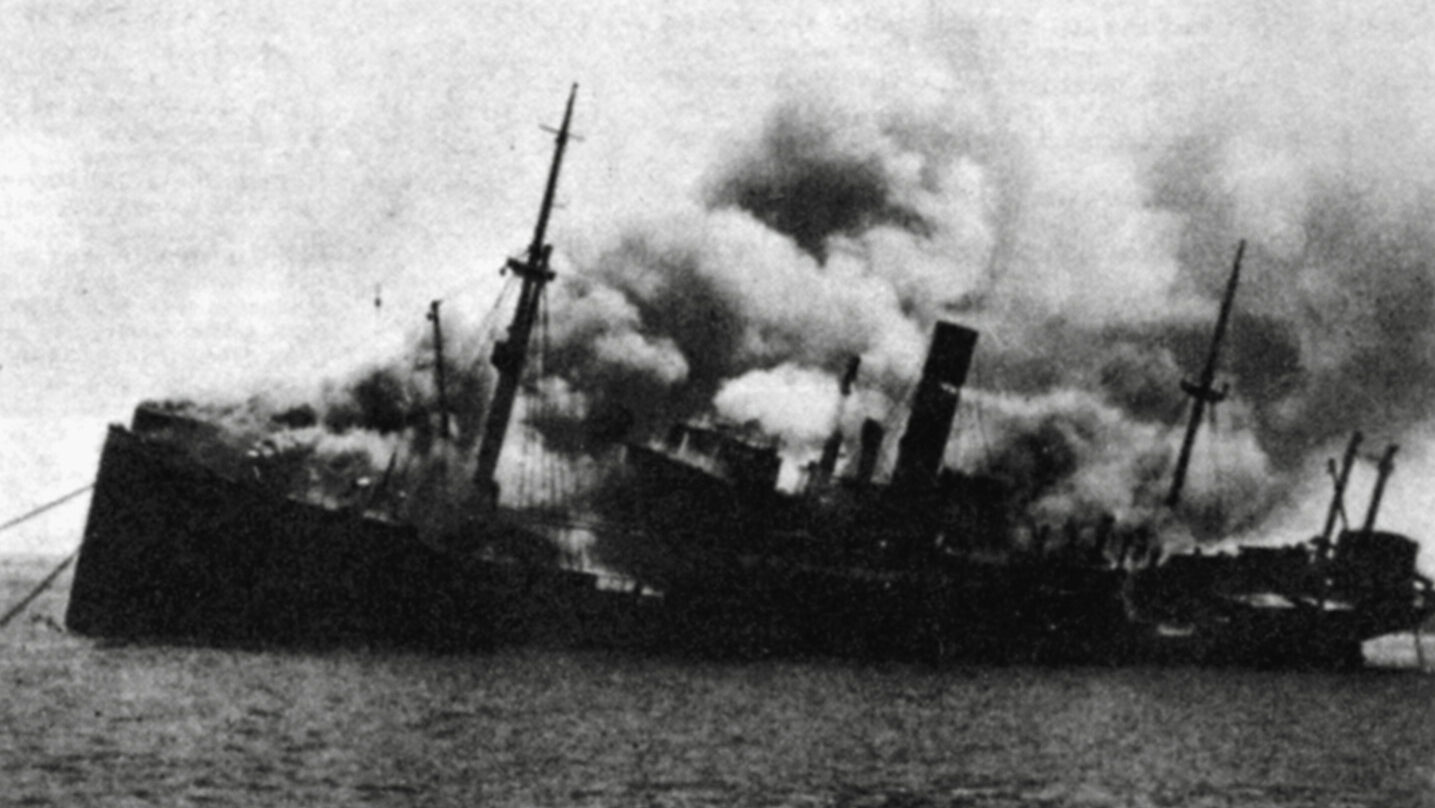
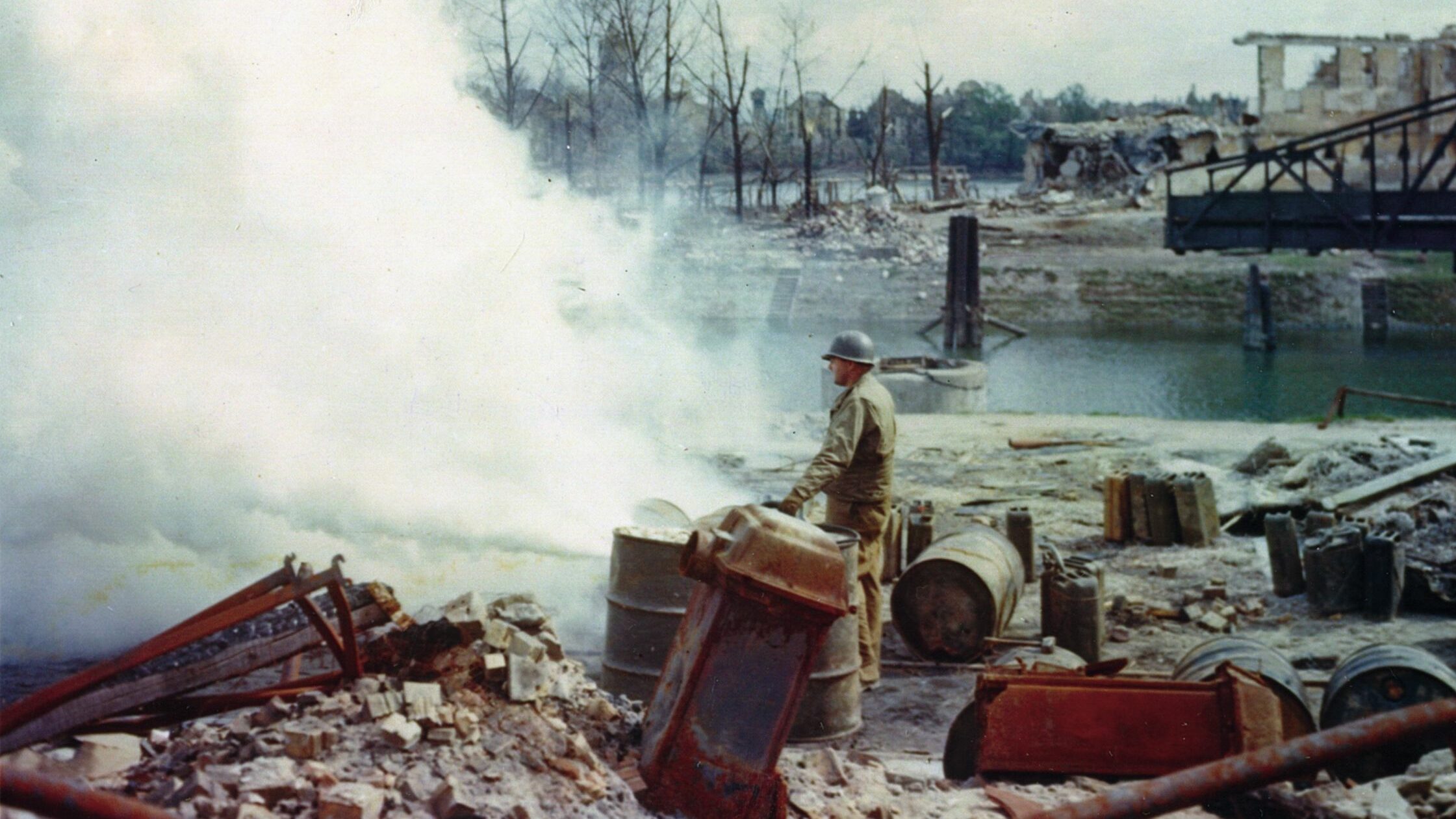
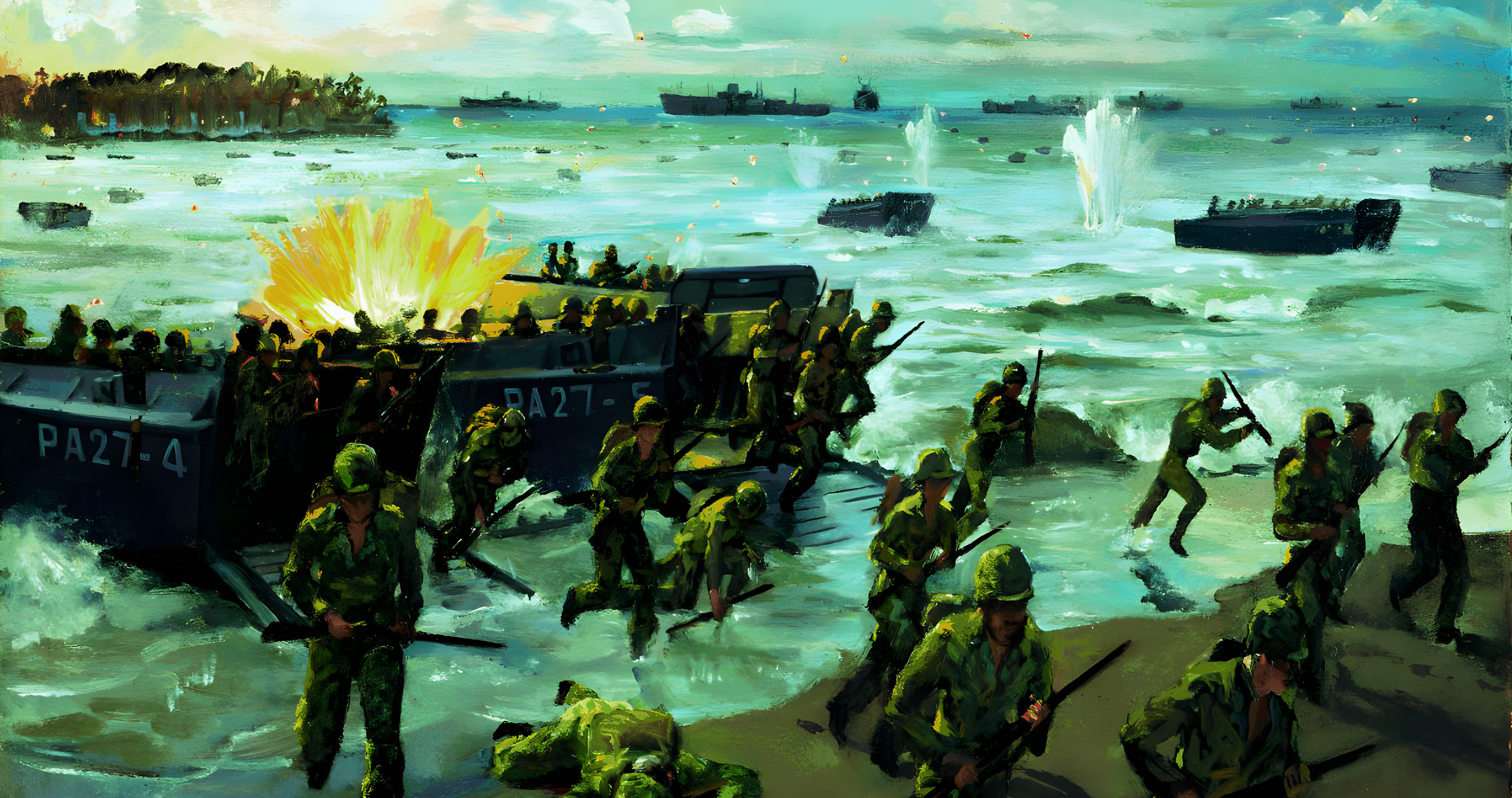
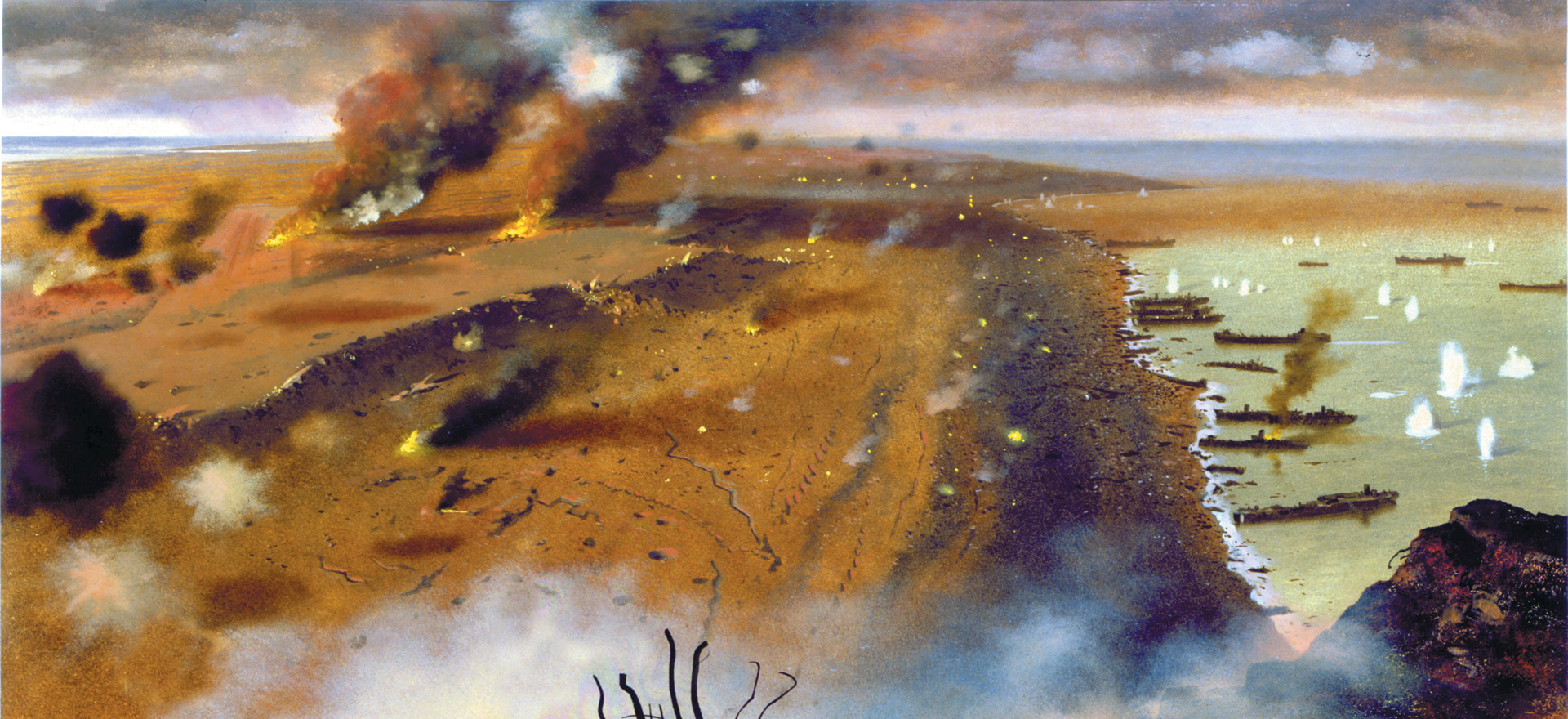
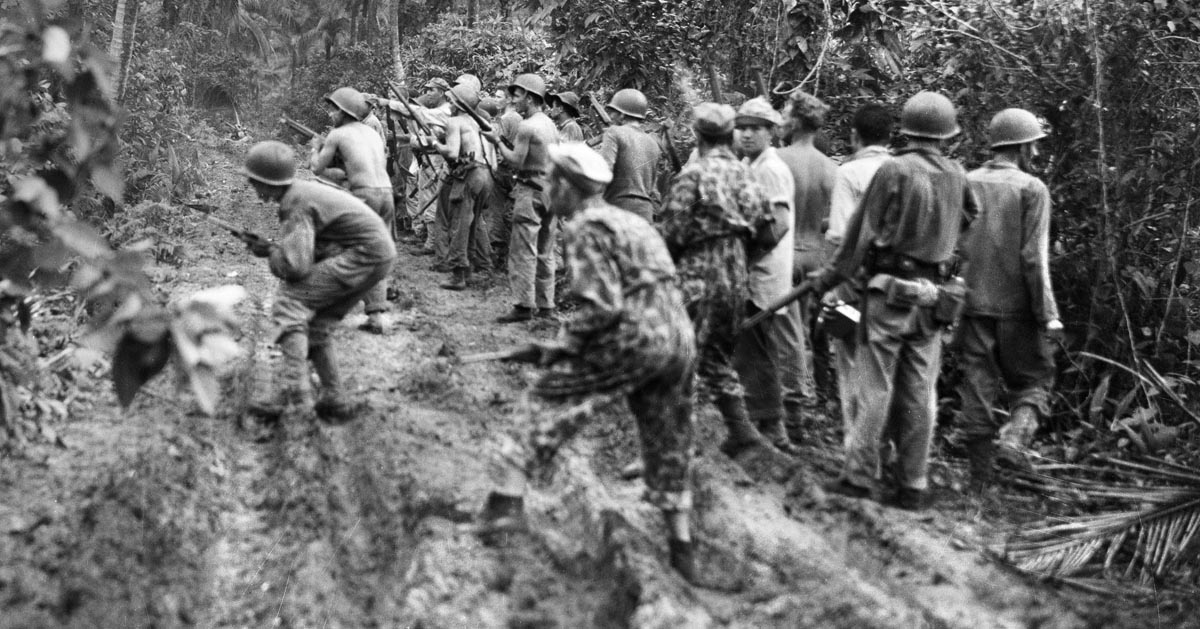
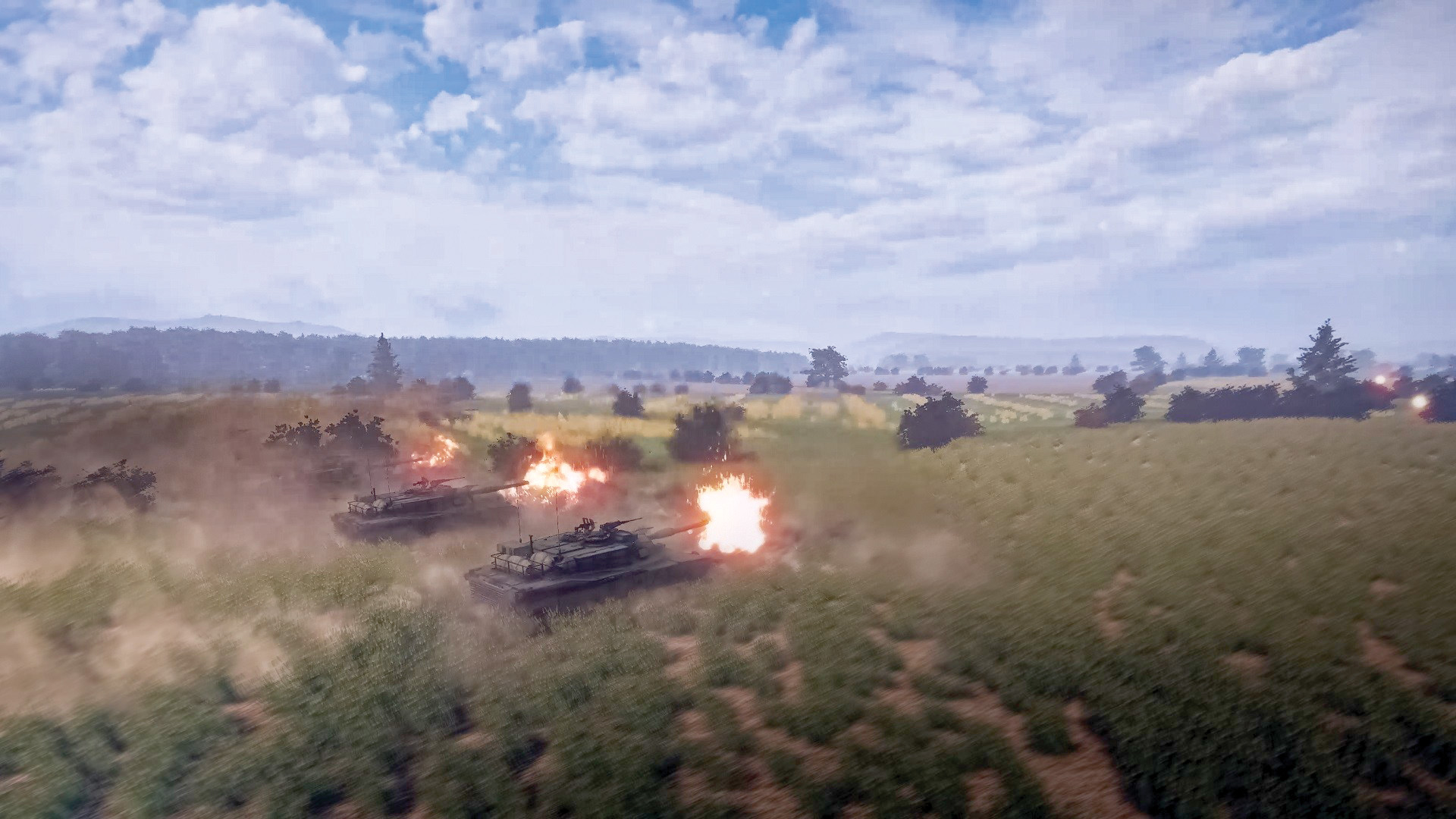
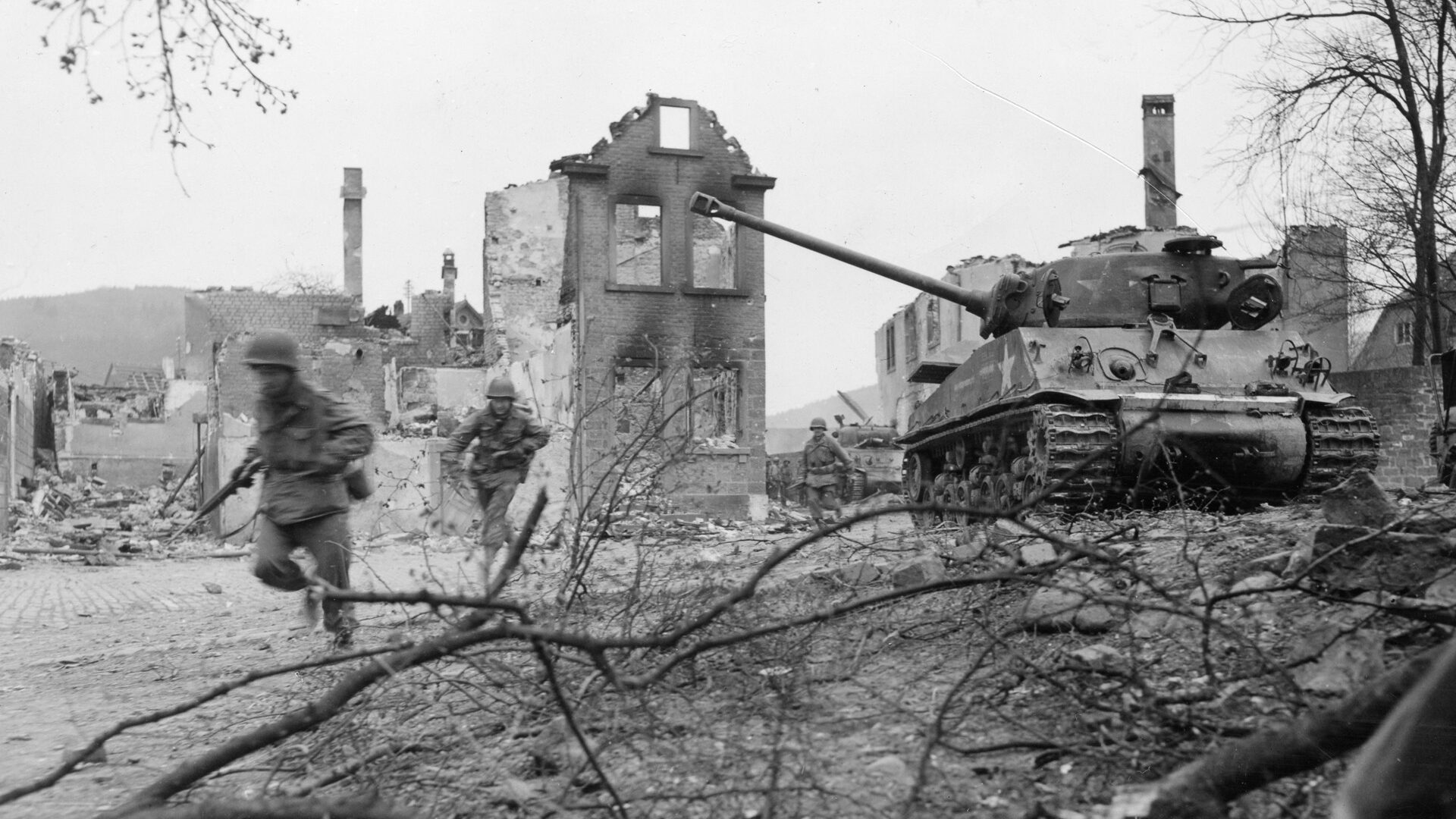
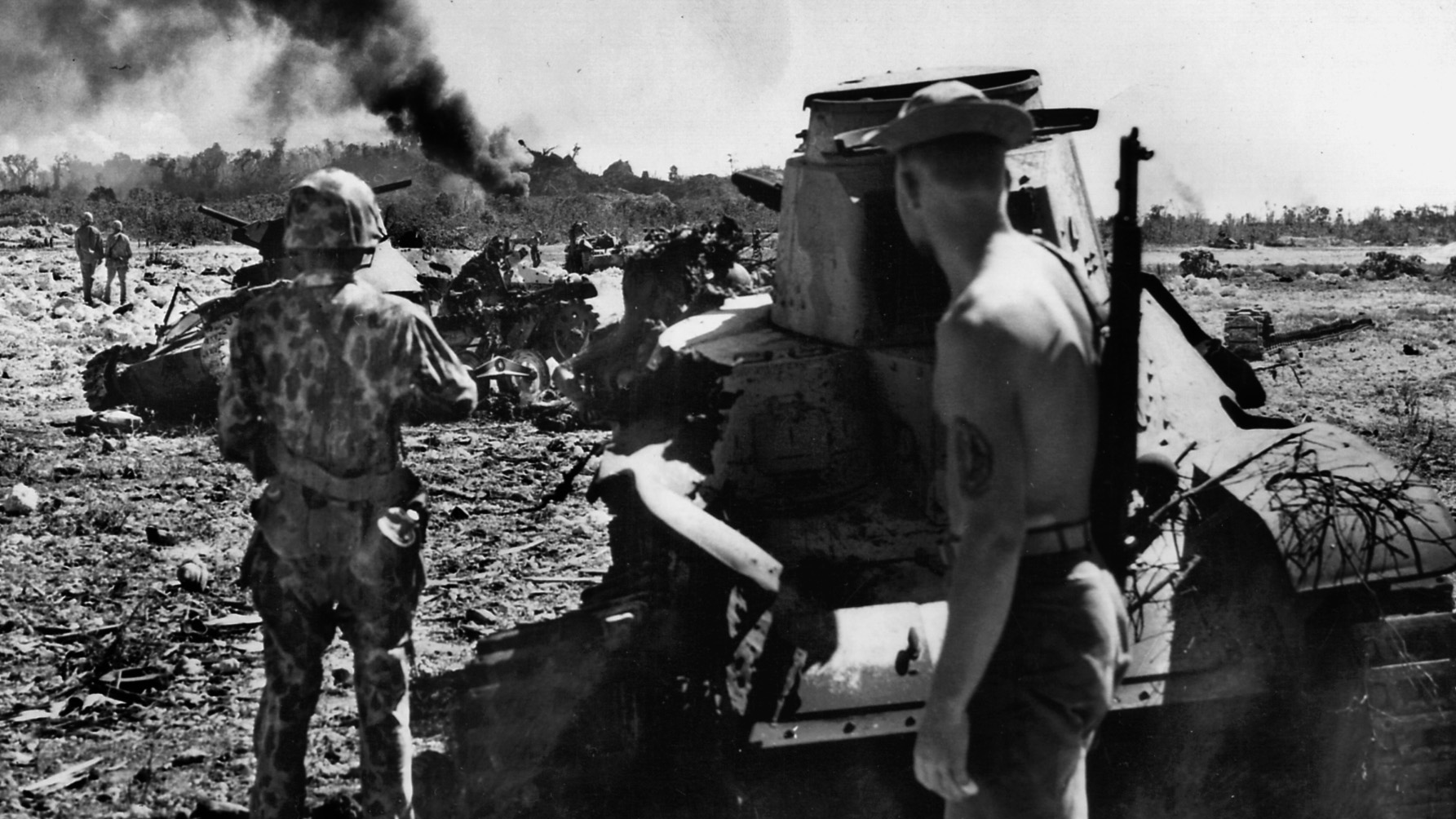
Our family just finished watching the movie, “The Sea Wolves”. My husband and our teenage sons expected a submarine movie, which its not. But it was an enjoyable Hollywood portrayal of the Calcutta Light Horse raid on Goa.
Doing a little research after the movie, I happened upon this narrative. How fun to learn that some of the movie’s quirky elements were actually true, like the glass eye in the handkerchief.
Please note, there is a chunk of text missing, noticeable in the paragraph just before Cartright hands an envelope of bills to a Goa official. It was very confusing so I hope the story can be made whole.
As a Portuguese having been born in Goa, I immensely appreciated “The Sea Wolves”!
I was born in 1947, lived in Goa for a short time but spent my first 7 years of life in Damao, also part of the Portuguese colony.
I had never known the history of Calcutta Light Horse, until casually stumbling at that film, a couple of weeks ago.
The final credits of the film were a glimpse of possible actual reality, so I looked for it in the Internet, and found this text!
Very sincere thanks for it!
Paulino M Corrêa
I served in the Berlin brigade in 1970and 1971 and befriended the royal fusiliers while stationed there ,so I know of the proud British history of their armed forces and the tradition Carrying on their history to this very day! As they say British to the core!
This is the sort of story that if someone had written it as a novel, nobody would believe it.
Awesome story, the British and their tricky trickery!